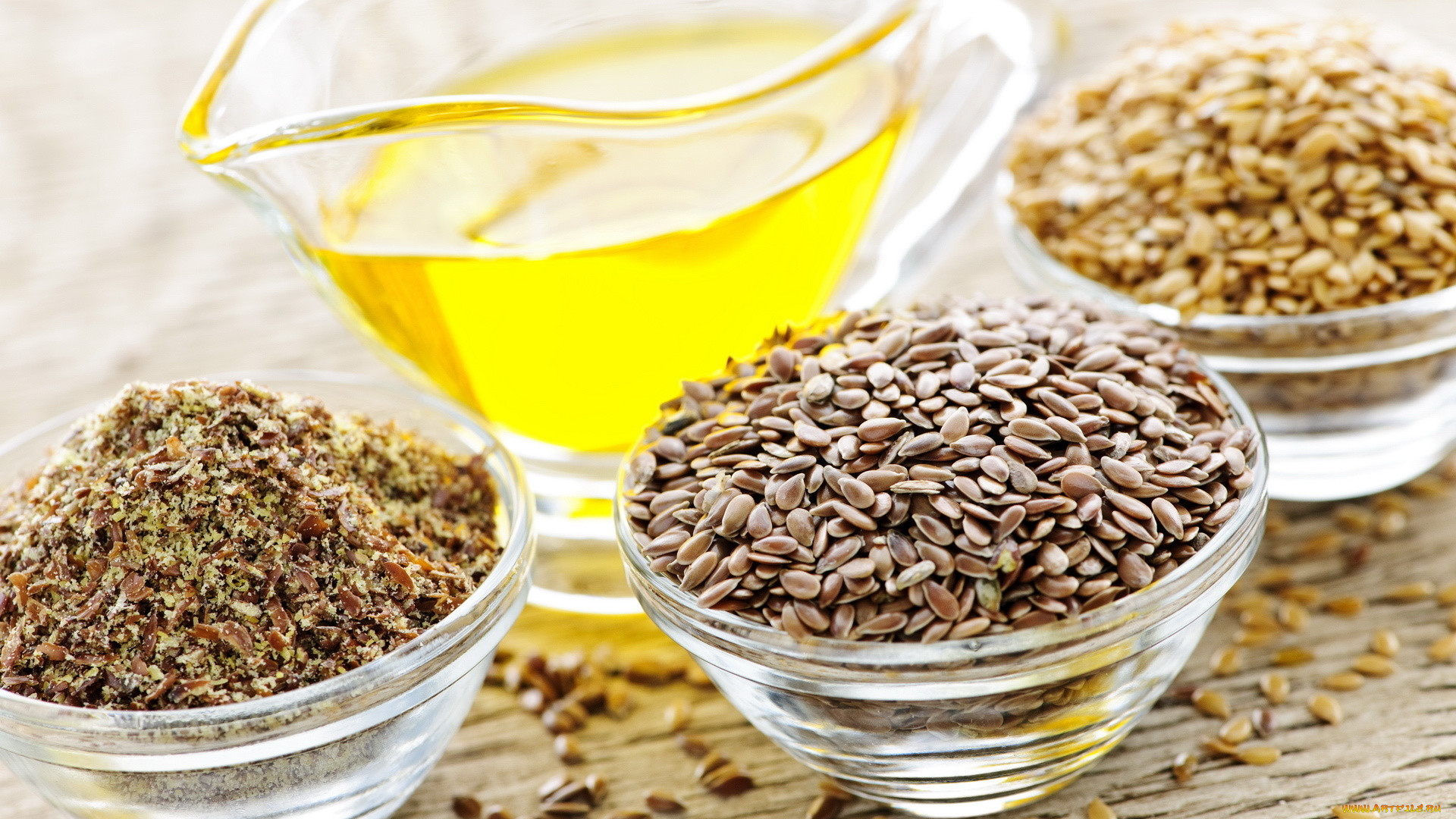Sesame seeds - Healt Foods
Sesame seeds add a nutty taste and a delicate, almost invisible, crunch to many Asian dishes. They are also the main ingredients in tahini (sesame seed paste) and the wonderful Middle Eastern sweet call halvah. They are available throughout the year.
Sesame seeds may be the oldest condiment known to man. They are highly valued for their oil which is exceptionally resistant to rancidity. "Open sesame"—the famous phrase from the Arabian Nights—reflects the distinguishing feature of the sesame seed pod, which bursts open when it reaches maturity. The scientific name for sesame seeds is Sesamun indicum.
Health Benefits
Not only are sesame seeds an excellent source of copper and a very good source of manganese, but they are also a good source of calcium, magnesium, iron, phosphorus, vitamin B1, zinc, molybdenum, selenium, and dietary fiber. In addition to these important nutrients, sesame seeds contain two unique substances: sesamin and sesamolin. Both of these substances belong to a group of special beneficial fibers called lignans, and have been shown to have a cholesterol-lowering effect in humans, and to prevent high blood pressure and increase vitamin E supplies in animals. Sesamin has also been found to protect the liver from oxidative damage.

Rich In Beneficial Minerals
Sesame seeds are an excellent source of copper, a very good source of manganese, and a good source of magnesium, calcium, phosphorus, iron, zinc, molybdenum, and selenium. This rich assortment of minerals translates into the following health benefits:
- Copper is known for its use in reducing some of the pain and swelling of rheumatoid arthritis. Copper's effectiveness is due to the fact that this trace mineral is important in a number of antiinflammatory and antioxidant enzyme systems. In addition, copper plays an important role in the activity of lysyl oxidase, an enzyme needed for the cross-linking of collagen and elastin—the ground substances that provide structure, strength and elasticity in blood vessels, bones and joints:
- Magnesium Supports Vascular and Respiratory Health, preventing the airway spasm in asthma, lowering high blood pressure, a contributing factor in heart attack, stroke, and diabetic heart disease, preventing the trigeminal blood vessel spasm that triggers migraine attacks.
- Calcium Helps Prevent Colon Cancer, Osteoporosis, Migraine and PMS, help protect colon cells from cancer-causing chemicals.
There is a little bit of controversy about sesame seeds and calcium, because there is a substantial difference between the calcium content of hulled versus unhulled sesame seeds. When the hulls remain on the seeds, one tablespoon of sesame seeds will contains about 88 milligrams of calcium. When the hulls are removed, this same tablespoon will contain about 37 milligrams (about 60% less). Tahini—a spreadable paste made from ground sesame seeds—is usually made from hulled seeds (seeds with the hulls removed, called kernels), and so it will usually contain this lower amount of calcium. The term "sesame butter" can sometimes refer to tahini made from sesame seed kernels, or it can also be used to mean a seed paste made from whole sesame seeds—hull included.

Zinc for Bone Health
Foods such as sesame seeds a regular part of healthy way of eating is bone mineral density. They contain zinc, thereby adding properties in the treatment of osteoporosis, or in rehabilitation after dislocations and bone fractures.
Sesame Seeds' Phytosterols
Phytosterols are compounds found in plants that have a chemical structure very similar to cholesterol, and when present in the diet in sufficient amounts, are believed to reduce blood levels of cholesterol, enhance the immune response and decrease risk of certain cancers.
Phytosterols beneficial effects are so dramatic that they have been extracted from soybean, corn, and pine tree oil and added to processed foods, such as "butter"-replacement spreads, which are then touted as cholesterol-lowering "foods."